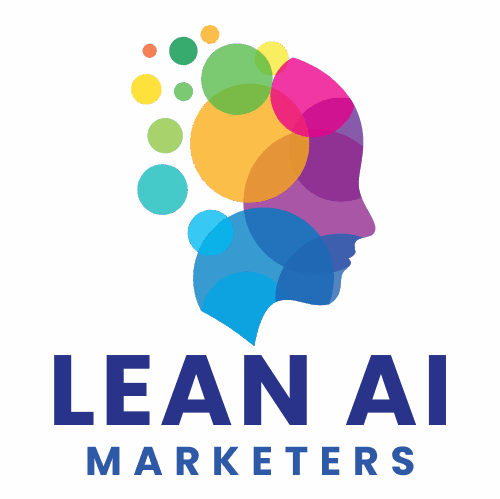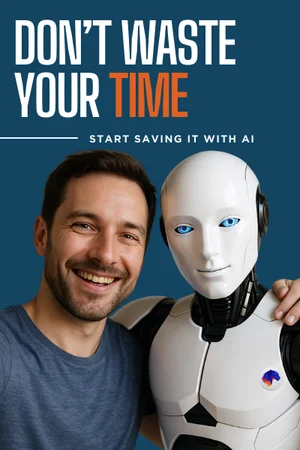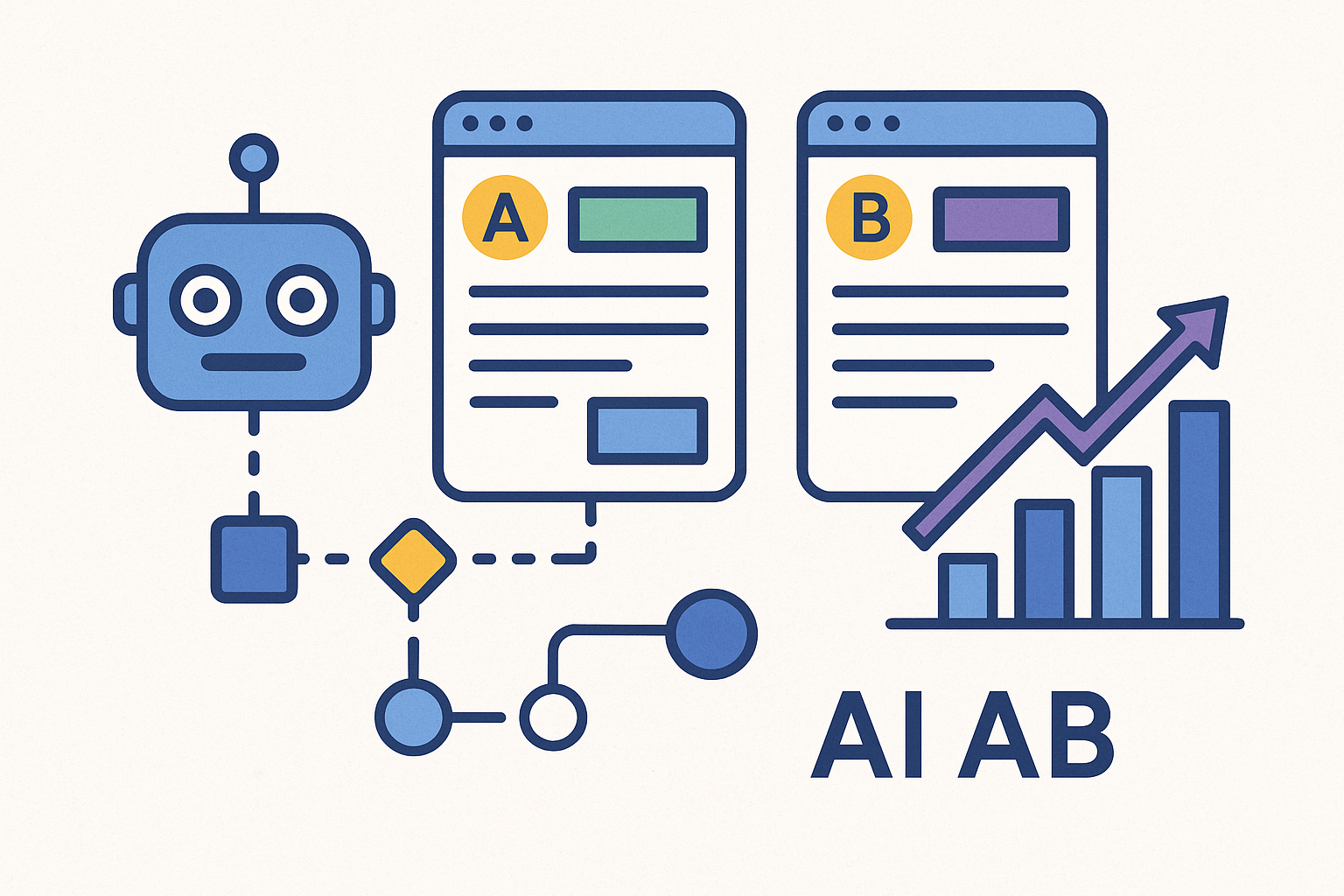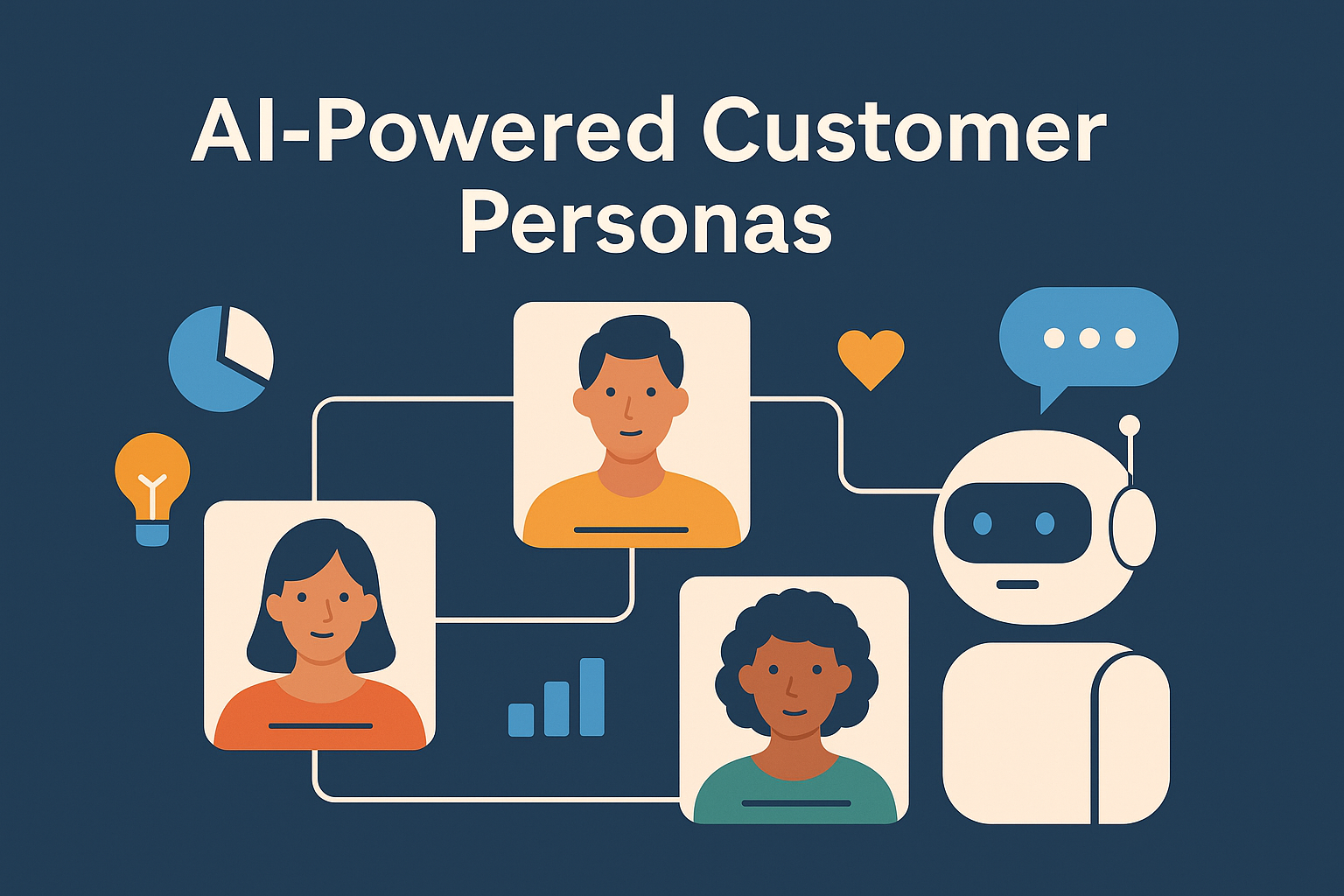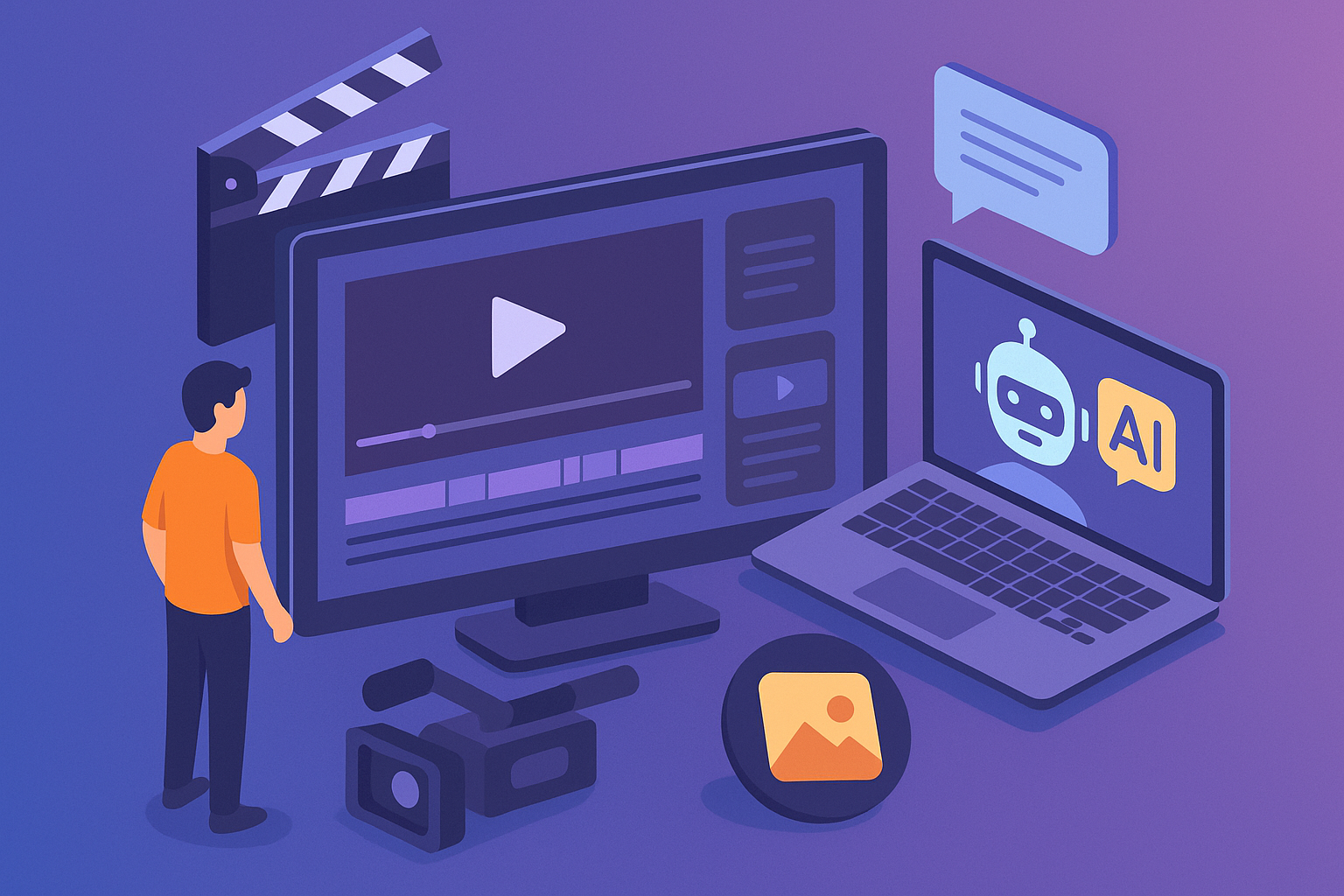Marketing Jobs of the Future: What Skills Will Matter?

The marketing landscape is evolving faster than most job markets, driven by waves of new technology, changing consumer behavior, and emerging platforms.
While core marketing principles will always matter, the way marketers execute on those principles is undergoing a radical shift. Automation, AI, Web3, virtual environments, and data privacy regulations are reshaping the entire playbook.
So what does that mean for the next generation of marketers—or even for the seasoned pros trying to stay sharp? What roles will matter most? And more importantly: what skills will define the marketers of the future?
Let’s take a closer look at what’s changing, what’s staying, and how to prepare for the marketing jobs that don’t technically exist yet.
The Rise of Hybrid Roles
Gone are the days when you could be just a copywriter or just a social media coordinator. Future-facing marketing jobs are increasingly hybrid—blending creativity, technology, and data fluency.
You might see titles like:
- Marketing Automation Strategist
- AI Content Architect
- Growth & Experimentation Lead
- Customer Journey Analyst
- Web3 Brand Manager
These aren’t just flashy titles; they reflect a real need for cross-functional knowledge. A campaign isn’t just a message anymore—it’s a workflow, a dataset, a content system, and a test loop all at once.
If you’re aiming to future-proof your marketing career, embrace the hybrid mindset. Ask not just what story you’re telling, but how it travels, where it’s distributed, what it triggers, and how it’s measured.
Human-Centered AI Fluency
AI won’t replace marketers, but marketers who understand AI will replace those who don’t.
From generative content tools to predictive analytics, marketers are increasingly expected to know how to collaborate with machine intelligence. Not to become developers—but to:
- Design effective prompts
- Vet outputs for accuracy and brand alignment
- Use AI tools to accelerate workflows
- Understand ethical boundaries and disclosure expectations
Being AI-fluent is about knowing when to use it, when not to, and how to make human decisions around machine-generated possibilities.
Toolsets change (ChatGPT, Jasper, Copy.ai, Runway), but the skill of wielding them with strategy, context, and restraint is timeless.
Behavioral Data Literacy
The marketer of the future won’t just skim analytics dashboards; they’ll ask better questions of the data and draw sharper insights.
As privacy regulations phase out third-party cookies, first-party and zero-party data will become critical. That means marketers must:
- Understand behavioral data structures
- Collaborate with data teams or tools to create audience segments
- Interpret heatmaps, funnels, cohort reports
- Tie user behavior to content strategy
Tools like GA4, Mixpanel, Segment, and Amplitude will be standard in the marketer’s stack, and basic data querying will go from “nice-to-have” to baseline competency.
But beyond tools, what will matter is curiosity. Future marketers will ask: Why did this work? What patterns are emerging? How do we validate that? Then they’ll turn those answers into smarter campaigns.
Digital Storytelling Across Ecosystems
Storytelling isn’t going away. It’s getting more nuanced.
Where previous generations focused on long-form content or banner ads, tomorrow’s marketers will craft narratives that evolve across environments: TikTok series that flow into email sequences, podcast interviews that seed newsletters, AR campaigns that link back to gated reports.
Tomorrow’s storytellers will understand how:
- Tone and format shift by channel
- Attention spans differ by context
- Brand voice evolves across multiple creators
- Cohesive story arcs create long-term resonance
Being platform-agnostic but narrative-consistent will be the new standard. Tools will help. But strategy and intuition will still separate the best from the rest.
Ownership of Ethical Frameworks
Marketing is becoming more accountable.
As consumers demand transparency and values-driven messaging, marketers will be expected to take a stronger role in ethical decision-making. This includes:
- Responsible AI usage
- Transparent influencer partnerships
- DEI-sensitive messaging
- Accessibility considerations in design and content
- Data collection practices that are opt-in and user-friendly
Companies that prioritize ethics won’t just avoid backlash—they’ll build brand trust. Future marketers will need to speak the language of ethics just as fluently as they do impressions and CTRs.
Community Architecture
As Web3 and decentralized platforms grow, the definition of “audience” is shifting to “community.”
That means marketers must go beyond reach and frequency to think about:
- Governance and participation
- Incentivized loyalty (tokens, badges, rewards)
- Direct engagement platforms (Discord, Circle, Geneva)
- Owned data communities (newsletters, apps)
The marketer of the future may be closer to a community architect: cultivating spaces where users co-create, advocate, and sometimes even co-own the brand story.
This requires a blend of social listening, empathy, systems thinking, and real-time responsiveness. Metrics shift from vanity to vitality: engagement depth, contribution quality, referral behavior.
Experimentation and Test Culture
Marketing is becoming less about getting it right the first time, and more about building learning loops.
Future-forward teams will hire marketers who:
- Frame hypotheses before launching campaigns
- Set up clean A/B tests and multivariate testing
- Use no-code tools to build quick MVPs
- Fail fast, iterate faster
This is a growth mindset in action. Tools will help (like VWO, Optimizely, Webflow, Zapier), but the mindset is what matters. The ability to launch, learn, pivot, and repeat will define the most valuable marketing talent.
Soft Skills Will Stay Sharp
Don’t let the tech buzz fool you. The best marketing still happens at the intersection of emotion, intuition, and timing.
Skills that will ALWAYS matter:
- Empathy
- Listening
- Strategic thinking
- Story framing
- Conflict resolution
- Creative leadership
As AI and automation handle more of the “doing,” the marketers who know how to synthesize, guide, and lead will rise even higher.
The future of marketing isn’t about choosing between art and science, it’s about integrating both.
If you’re just starting out, pick a lane that excites you. Go deep. Then zoom out and see how your work connects to the bigger system. If you’re a veteran, stay curious. Upskill. Ask better questions. Mentor someone newer who thinks differently than you do.
Because the marketing jobs of the future won’t be filled by the most credentialed. They’ll be filled by the most adaptable, collaborative, and insight-driven people in the room.
